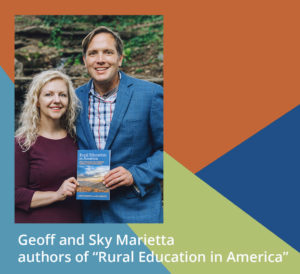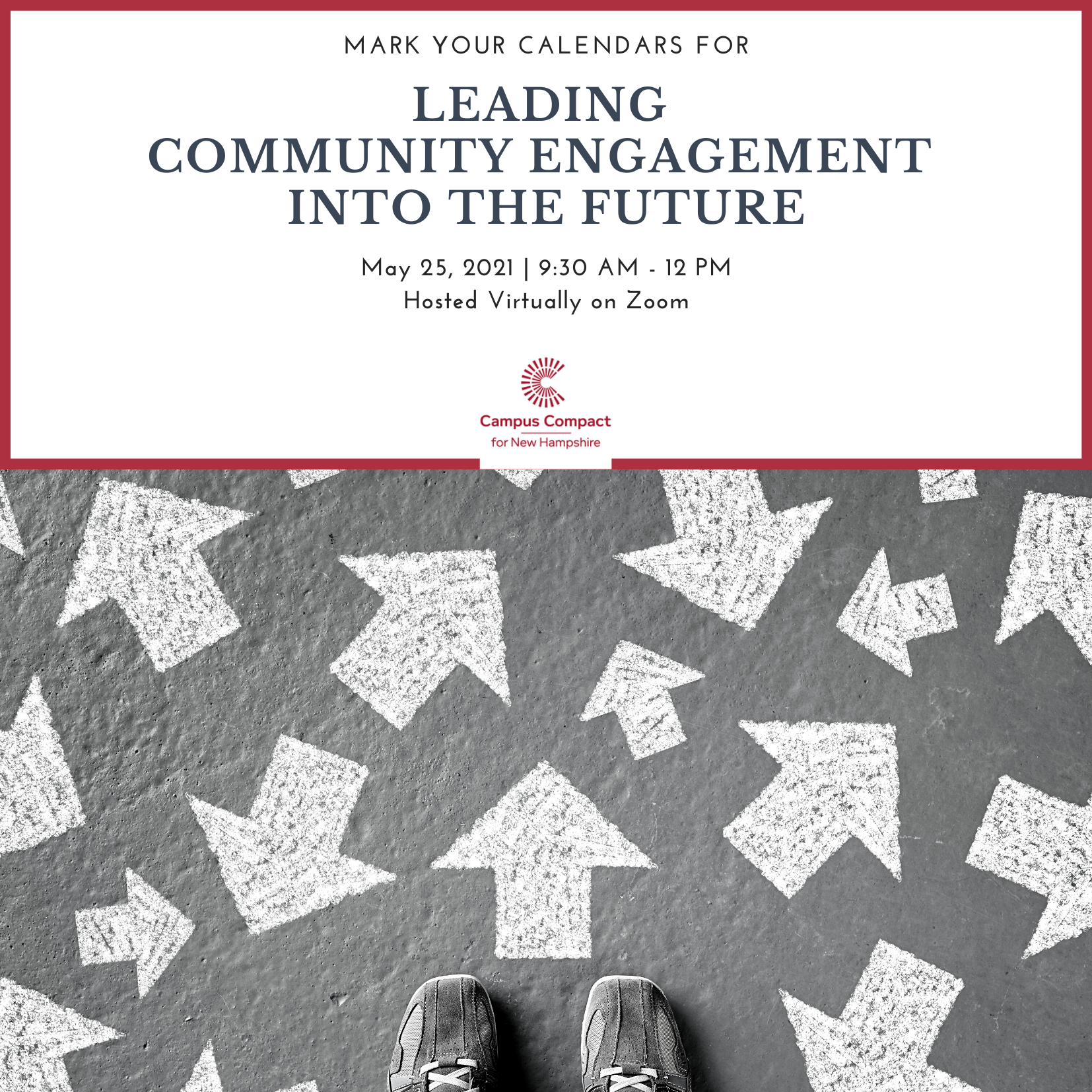Rural College Access and Success Summit
CCNH is excited to serve as co-host of the 2021 Rural College Access and Success Summit with Partners for Education, an initiative of CCNH member campus Berea College. More than 900 attendees have signed up to participate in the virtual summit, to be held on April 26–30. The summit is one of the few national convenings to focus on education in rural America. This year’s event brings together leaders from higher education, K–12 schools, government, and nonprofits to share strategies for ensuring that rural youth have the opportunity to transition successfully from high school to college and career. Registration and other information is available here.

